With the news of more and more reported cases of coronavirus appearing around the world every day, it is natural to be anxious and nervous.
However, there is also a considerable amount of misinformation surrounding COVID-19, which leading to rumours and sensationalism.
Here’s what you need to know about coronavirus and all the related coronavirus FAQ (frequently asked questions).
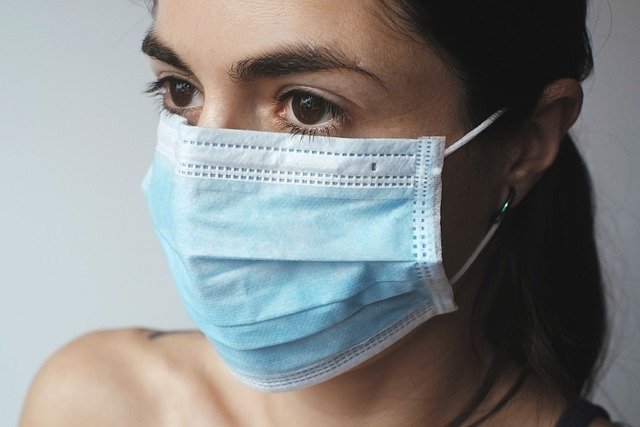
What is coronavirus?
Technically, coronavirus is a catch-all phrase for a number of viruses that cause illness in humans and animals. Outbreaks like SARS and MERS were caused by coronaviruses. The current coronavirus epidemic is one such virus and the disease caused by it is COVID-19.
The first case of COVID-19 was reported in Wuhan, China, in December 2019.
What is coronavirus method of transmission?
COVID-19 spreads through droplets that an infected person exhales when they cough or sneeze. If a healthy person comes into contact with these droplets – remember that droplets could land on staircase railings, door knobs, tables, towels, etc – and then touches their eyes, mouth or nose, they could catch the virus.
If an infected person sneezes close to you, you may inhale the droplets. If you’re in a public place, you may touch a surface where the droplets have landed. Touching your face or eating with unwashed hands could expose you to the risk of COVID-19 (coronavirus).
COVID-19 does not spread through air, unless you are breathing in air with contaminated droplets exhaled by an infected person.
Coronavirus FAQ: Surface transmission
How long does the virus last on a surface? Studies suggest that droplets could continue to be infectious from anywhere between a few hours to a few days.
Coronavirus FAQ: Your pets and you
What is coronavirus transmission rate from your pet? There is no evidence that this disease can be passed on from animals that live in your home. However, as a practice, you should wash your hands after playing with or touching your pets.
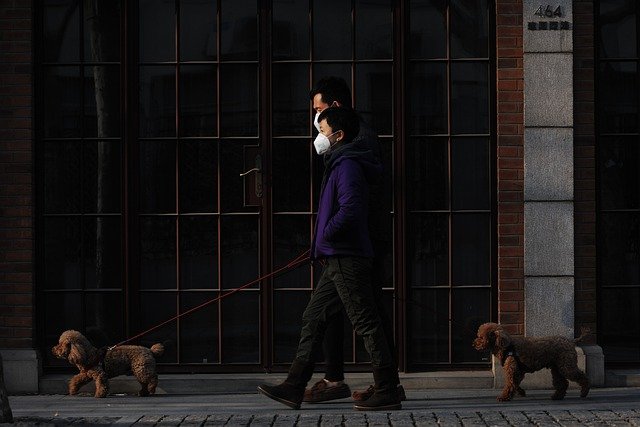
Coronavirus FAQ: Can I catch COVID-19 from someone who doesn’t look ill?
Yes. A person with COVID-19 may be asymptomatic and therefore not appear ill. However this person is still infectious and if you come into contact with contaminated droplets from them, you may be at risk of developing COVID-19.
Coronavirus FAQ: Can I take medicine to prevent contracting coronavirus?
At the moment, there are no known oral medicines that can protect you from catching coronavirus. Home remedies, herbal medicines, alternative medicines have not been reported as effective.
The vaccines that have been rolled out around the world are the only preventive medical strategy for COVID-19.
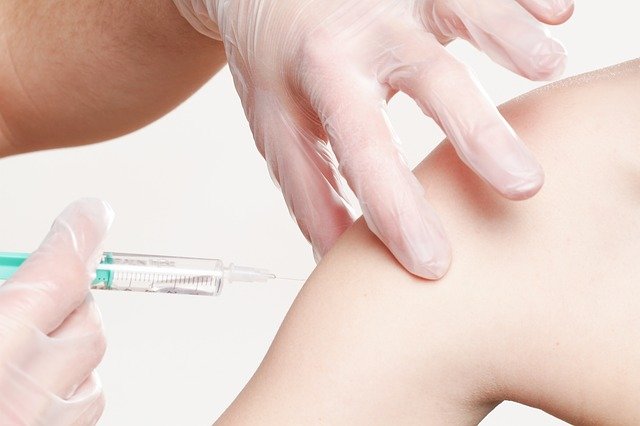
Coronavirus FAQ: How serious is it?
As of 22 March 2021, there have been 123 million reported cases of COVID-19. Out of these, 2.7 million people have died.
The current outbreak of COVID-19 is still ongoing, and the numbers will change. According to the World Health Organization, COVID-19 is more likely to be fatal in older people or those with pre-existing medical problems like high blood pressure, immunity conditions, or diabetes.
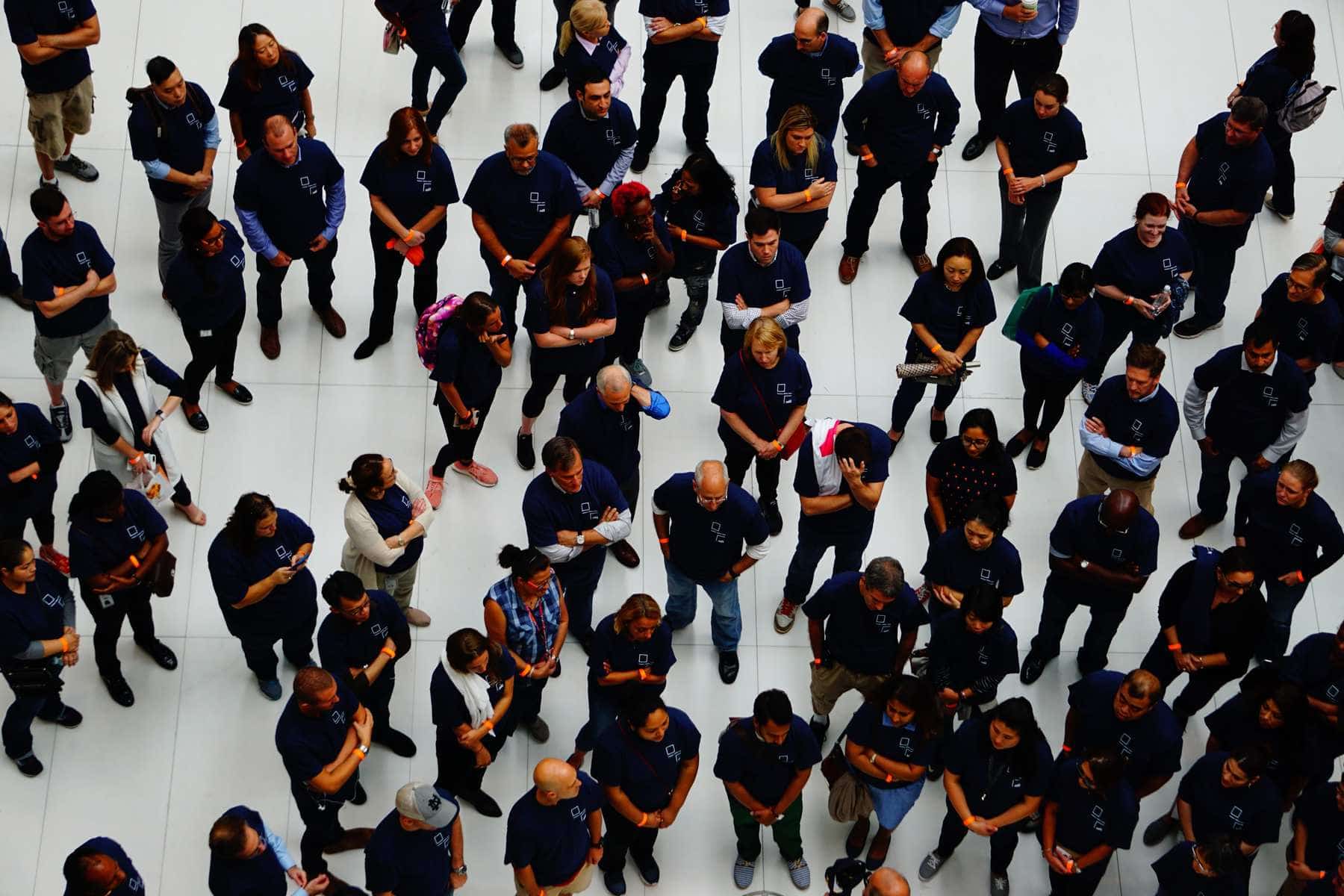
Coronavirus FAQ: What are the symptoms?
The symptoms of coronavirus (COVID-19) are similar to those of a regular cough or flu.
- Dry cough, sore throat
- Fever
- Feeling tired
- Body ache
- Nasal congestion, runny nose
- Diarrhoea
With a mild infection, you may or may not develop any symptoms. For many of those who contract the virus may feel unwell for a few days and experience the long-term effects (such as weakness, etc) for weeks afterwards.
People with diabetes, heart conditions, high blood pressure or immune conditions may develop serious symptoms and find it hard to breathe. They should get immediate medical attention if they develop any of the above symptoms as they are more vulnerable to developing complications related to COVID-19.
How can I avoid contracting coronavirus?
Knowing what is coronavirus and how it is transmitted is the first step to avoiding it. Because coronavirus (COVID-19) is passed on through droplets that are on surfaces, you should make sure you wash your hands thoroughly and frequently with soap. Use an alcohol-based hand sanitizer or rub during the day, especially if you have been out in public places.
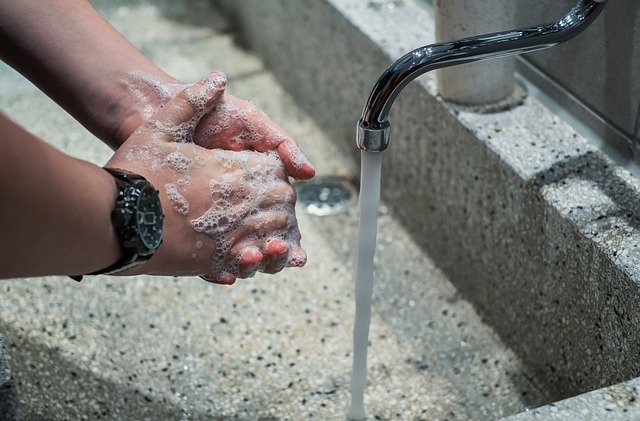
Avoid touching your face, mouth, and eyes during the day.
If you see someone coughing or sneezing, stay at least 6 feet away from them.
Cover your nose and mouth if you are coughing or sneezing and wash your hands afterwards.
Avoid large crowds of people or public gatherings: movie theatres, plays, sports games, assemblies, airports, train/metro stations, etc all have a higher risk associated with them.
Avoid air-conditioned spaces and closed spaces where large groups of people have gathered.
What should I do if I think I have coronavirus?
If you are feeling ill or experiencing any of the symptoms above, stay away from office and school. Isolate yourself from everyone at home including partners, children and pets.
In Australia, there are specific guidelines for anyone who believes they are infected. Talk to your general practitioner for instructions or check for instructions here to know more.
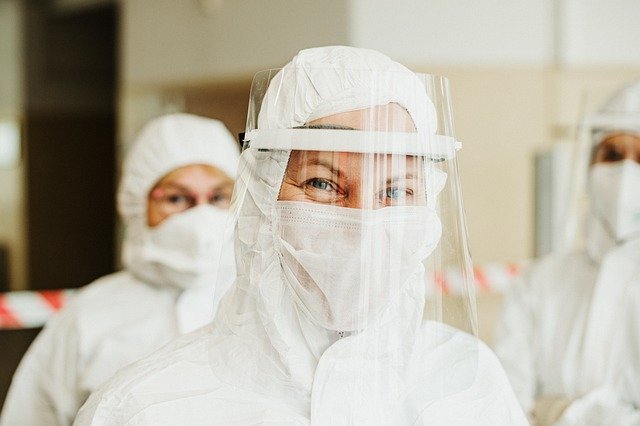
Coronavirus FAQ: Anxiety and the pandemic
With the news of an infectious disease like this growing in numbers, it is normal for you to feel fear, concern for loved ones, and worry about the state of the world. However, at times like this, it is imperative that you stay grounded and calm.
Here are some measures you can take to quell your anxiety:
Put your apprehensions to good use: Do your research (on authoritative sites) so you can understand the nature of the disease, and how to prevent it from spreading. Then get involved in community awareness drives, make posters, arrange aid and donations for charities working in afflicted areas, and volunteer with local authorities to help educate people about the virus.
Make efforts to stay calm and centred: Being anxious and jittery will not do any good to anyone. Practice a calming activity like yoga for beginners or guided meditation for healing to help you stay positive and focused.
Keep yourself fit: This is a good time to evaluate your lifestyle and health. People who exercise regularly are better equipped to handle stress and are less vulnerable to infections. You might want to consider talking to a nutritionist online about making healthy food choices to boost your immunity.
Talk to a professional: If your anxiety about illness or coronavirus is getting in the way of your daily life, you should talk to a therapist. A professional counselor online will be able to help you work on your fears.
What is coronavirus testing?
The test that is used to detect COVID-19 is a polymerase chain reaction (PCR) test. The samples for such a test are collected from your throat and nose with the help of a swab.
PCR tests are used to detect an active infection but will only show accurate results when symptoms have already appeared. Symptoms usually appear 3-7 days after the individual has come into contact with the strain and they may have already infected several or many people by then.
There are also rapid antigen tests (also known as Rapid Diagnostic Test or RDT) that detect viral antigens in the system. Samples are collected with swabs and are most effective when the individual is tested during the most infectious phase. RDTs offer cheaper, quicker results and hence are usually used at airports or ports of transit, but they tend to be less accurate.
Many countries with active cases still require testing for travel or gathering at public places. You will have to get yourself tested if you are travelling to places with such restrictions but you can also get yourself tested if you believe you have symptoms. Remain in isolation while you await your test results.
What is coronavirus and how is it different from the flu?
If you scroll through many of the coronavirus FAQ, you will find that all of them lay emphasis on understanding the difference between COVID-19 and the flu. This is because the initial symptoms of both tend to be remarkably similar, but a flu or common cold does not require you to go into isolation.
Both COVID and influenza result in fever and respiratory symptoms. They are very contagious and are spread through coughing, sneezing or droplets on surfaces. This is why flu season requires you to follow the same COVID-19 safety measures such as maintaining hand hygiene, respiratory etiquette, wearing a mask and maintaining a social physical distance.

However there are numerous important differences between COVID-19 and the flu, especially when it comes to incubation. Incubation means that the virus remains in the body without showing symptoms. The incubation for a flu is 1-4 days whereas for COVID-19, it can be anywhere between 2-14 days. This means that people with COVID-19 will not know they have the virus and will go about their daily lives and transmit the virus to many more people.
The two also differ in the severity of the disease. The symptoms are nearly same for both infections but COVID is the deadlier of the two. Most people infected with coronavirus experience mild symptoms but about 15% have severe symptoms and 5% require hospital admission.
What is coronavirus quarantine and isolation?
Any coronavirus FAQ talks about the terms quarantine and isolation, but some use the terms interchangeably while others draw a clear distinction between the two. The two terms require similar behaviour but are widely different from one another especially in terms of the coronavirus.
Quarantine is required from those who have come in contact with those infected with COVID-19, regardless of whether they display symptoms or not. It means that you remain separated from society because you may be infected. As far as COVID-19 is concerned, the required period is 14 days.
Isolation is applicable to those who display coronavirus symptoms or have tested positive for the disease. It means staying away from people to prevent spreading the virus and requires at least 10 days plus an additional three where you remain symptom-free.

What is coronavirus vaccine?
At present there are a few vaccines that have been approved for use in the fight against the virus by the regulatory authorities of different countries. While none of them have been conferred with the WHO EUL/PQ authorization, there are chances of an assessment on the Pfizer vaccine by the end of the year which will be followed by other vaccines.
The studies related to five potential vaccines relating to their efficacy and safety (including the three approved for use within Australia) have been reported publicly through press releases. Such reports for other vaccines are sure to follow while additional candidates continue to be currently in development and are soon to be submitted for approval.
Once there are confirmations beyond doubt about the efficacy and safety of any vaccine, they have to be approved by the regulators and manufactured and distributed as per exacting standards. Find out more from WHO to understand how these processes are being streamlined and coordinated to ensure effective vaccines for billions around the globe.
What is coronavirus mode of treatment?
Scientists and researches all over the world are working around the clock to come up with a suitable treatment for the virus. As of now, the only treatment is caring for symptoms and enabling recovery for those who are extremely ill and most at risk.
A number of studies have discussed options like Dexamethasone, Remdesivir, hydroxychloroquine, Lopinavir/Ritonavir and Interferon. Any course of treatment depends on the individual’s existing conditions and the severity of symptoms so a single fail-proof recommendation is not possible.
Do note that self-medication is not recommended for COVID-19, regardless of how mild the symptoms are. Always consult a medical professional and follow any prescriptions and instructions.
New strains of coronavirus
Some coronavirus FAQ feature new information about the different strains of the virus. Like all viruses, the SARS-CoV-2 virus is consistently undergoing changes in its gene structure.
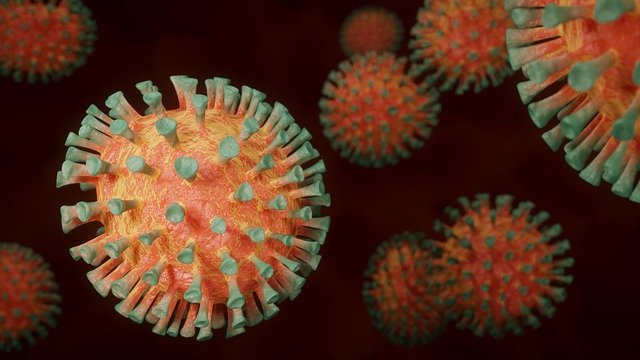
Changes in the genome help it evolve rapidly every few weeks, with every new infection presenting the virus a chance to mutate a little bit. This allows the virus to survive and become more efficient, but when these mutations increase its rate of transmission or mortality rate, they are classified as variants of the virus.
These new strains are identified by studying the genome of the virus and comparing it to the genetic code of other SARS-CoV-2 viruses.
What is coronavirus chance of spreading in swimming pools and oceans?
Swimming is often featured in coronavirus FAQ. The chances of catching the virus are low when it comes to swimming in the ocean or in pools, because the virus is not likely to survive in salty or treated water.
However if you are considering swimming, do follow the precautions mentioned in most coronavirus FAQ:
- Refrain from swimming for at least a day after it has rained.
- Avoid spending too long in crowded areas outside the pool or on the beach.
- Try to go swimming in off-peak hours or when there are fewer people.
- Avoid the pool if you have gastrointestinal discomfort.
- If you exhibit even mild symptoms of COVID-19, stay at home and avoid swimming.
- If you are isolating or quarantining, do not go swimming.
- Shower before and after a swim.
- Maintain distance from all individuals when in the pool and the changing room.
What is coronavirus long term health impact?
Most people only experience minor symptoms and recover within a couple of weeks with no major long term health impact. But for a small proportion of the population, the after-effects of an infection by COVID-19 can last much longer.
The long-term impact is also called Long COVID and may show up in the following ways:
- Insomnia
- Headaches and migraines
- Gastrointestinal difficulties
- Skin disorders
- Mental health concerns and depression
- Persistent and recurring fevers
- Fatigue
- Respiratory problems
- Neuro-cognitive impairment
- Fibromyalgia
It is no surprise that learning how to deal with long-term mental issues dominates coronavirus FAQ. Some people are also likely to experience mental conditions such as depression and Post-Traumatic Stress Disorder after a bout of COVID-19.
Most vulnerable groups for COVID-19
Within Australia, the group of individuals most susceptible to contracting the virus are:
- Those who have traveled locally or internationally
- Had close contact with anyone who has been diagnosed with the virus
Susceptibility and vulnerability are separate concerns and while they feature interchangeably in coronavirus FAQ, the two should not be confused. Based on all that has been understood about the virus thus far, the following individuals are at risk of developing serious illness should they contract the virus:
- Anyone over the age of 65 years
- Those with chronic medical illnesses or underlying medical conditions such as cancer, high blood pressure, or diabetes
- Individuals with weak immune systems or immune conditions
- People of Aboriginal and Torres Strait Island descent who are over 50 years of age and have preexisting medical conditions
Coronavirus FAQ – Large groups and social gathering
Any coronavirus FAQ will stress the importance of avoiding social settings that expose you to the virus. This minimizes your chances of infection and controls the transmission of COVID-19 in society.
No matter how young or how fit you are, you may become severely ill if infected by the virus. COVID-19 has a higher rate of hospitalization than most similar viruses and diseases. To keep yourself and others safe, it is best you avoid the following settings or take extra care when in them:
- Group residential quarters
- Correction detention facilities
- Large public gatherings
- Large private events
- Family get-togethers in residential quarters
Coronavirus FAQ – Infants and children
When it comes controlling a virus, identifying the vulnerable groups of people is paramount. Knowing what is coronavirus and how it affects different ages is also important. Early research identified that most children displayed mild or virtually no symptoms when infected with the virus, recovering quickly within the span of a couple of weeks.
What is coronavirus certification for work or travel?
If you’ve been tested for COVID-19 before travel, you will be expected to show negative results prior to boarding. However there are restrictions on the timeline of the test and you will have to adhere to the rules of the country or state you plan to enter.
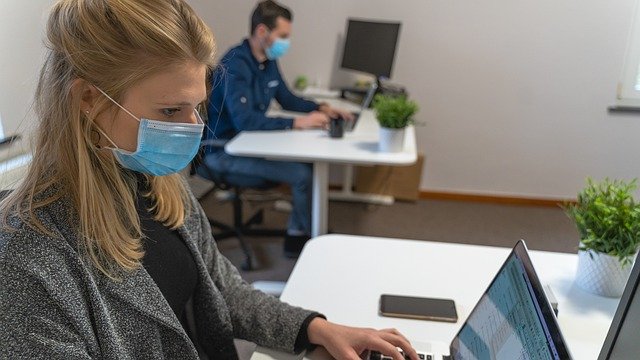
COVID-19 and Medicare
You can get a free COVID test done at public health facilities, mobile testing centres or at a GP who offers bulk billing. Please do bring your Medicare card for these tests. If you don’t have a Medicare plan, make sure to carry a form of identification and proof of contact details.



